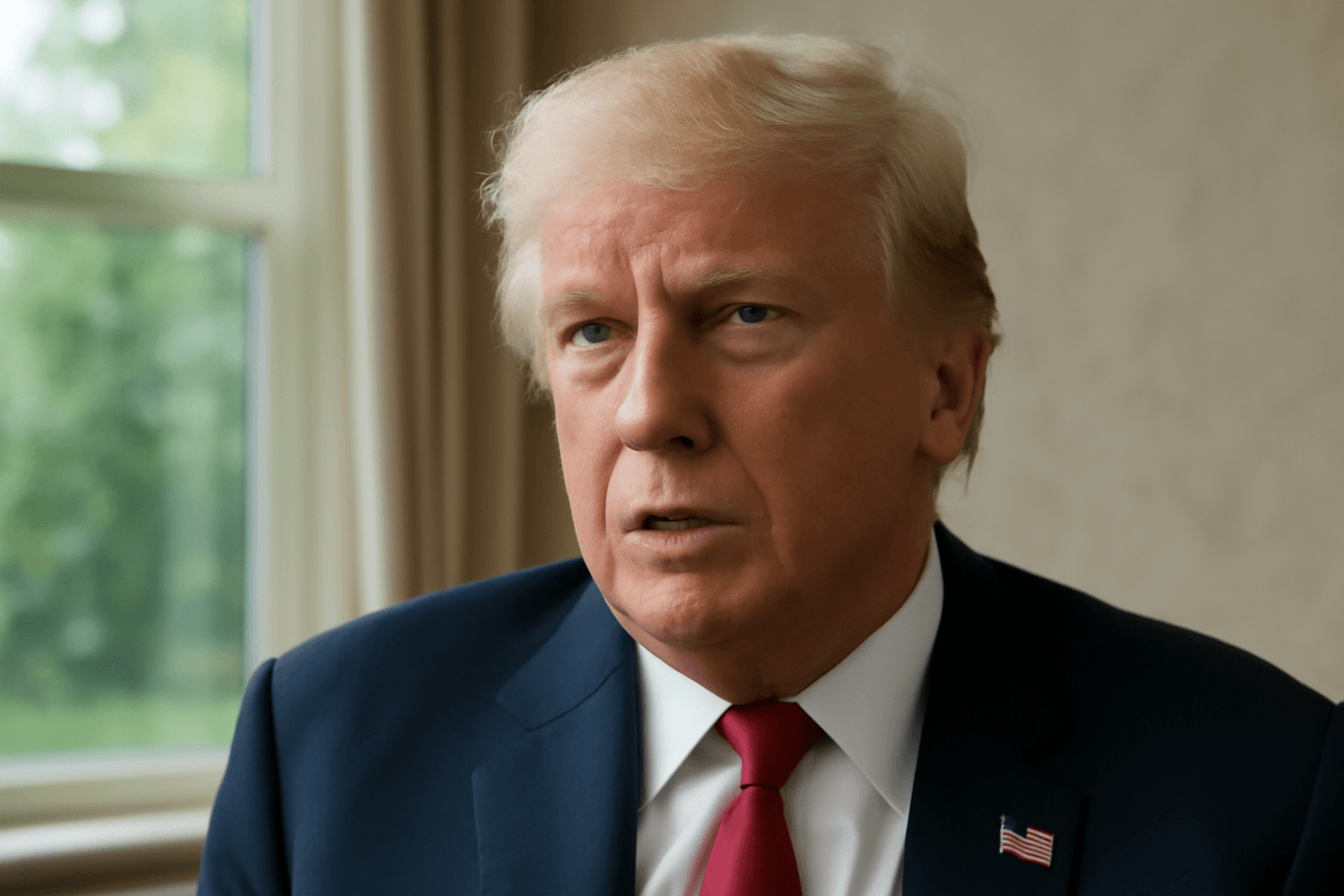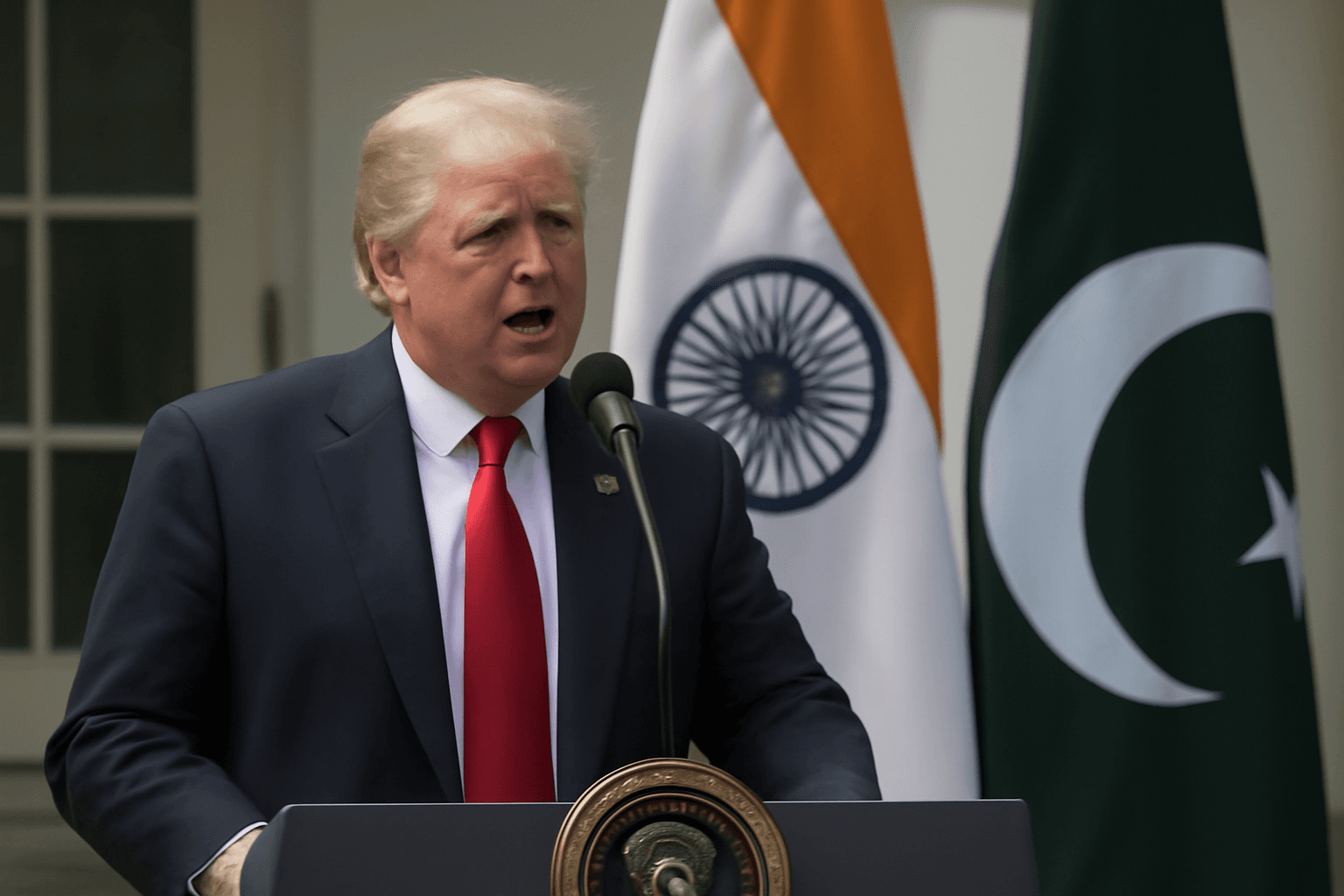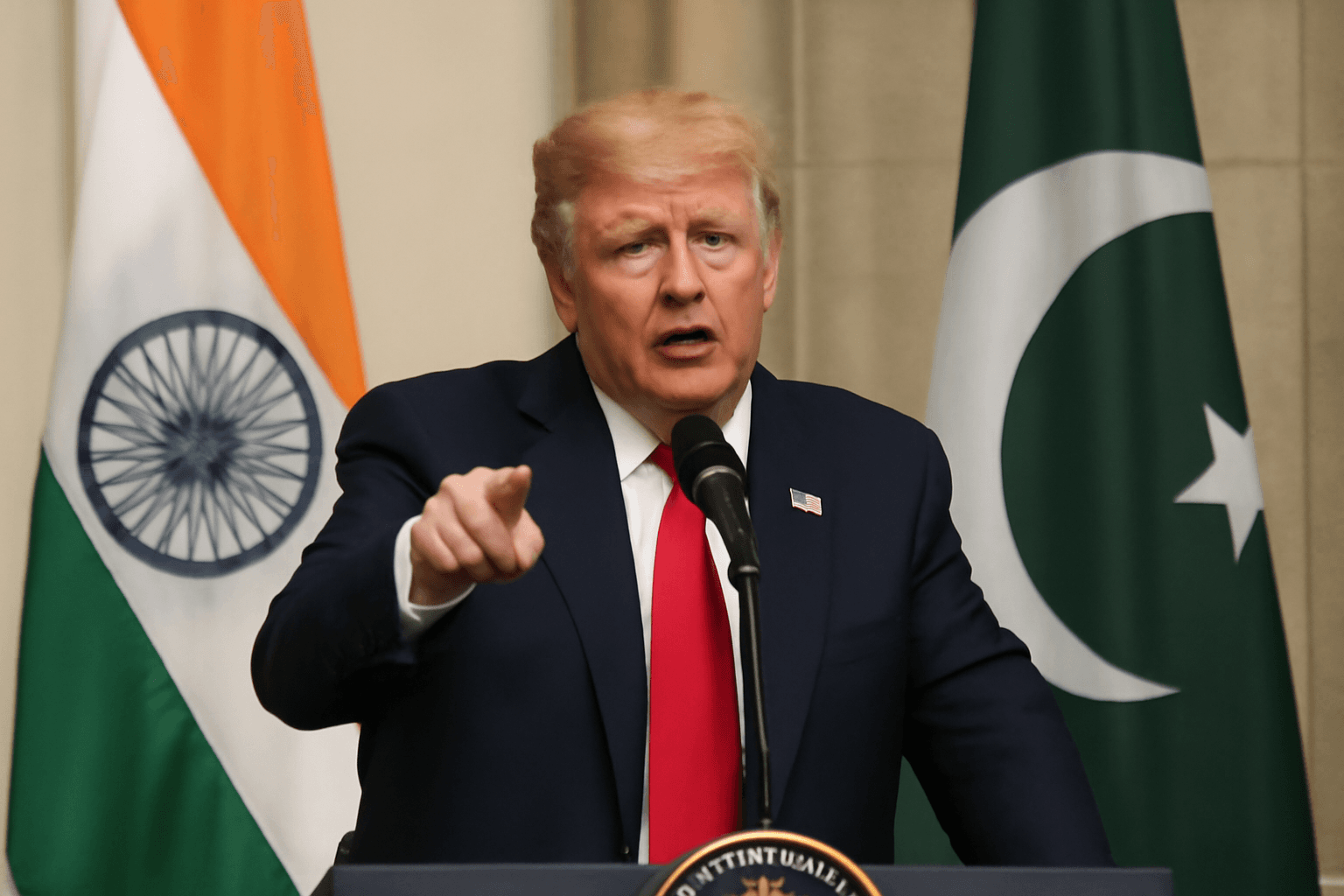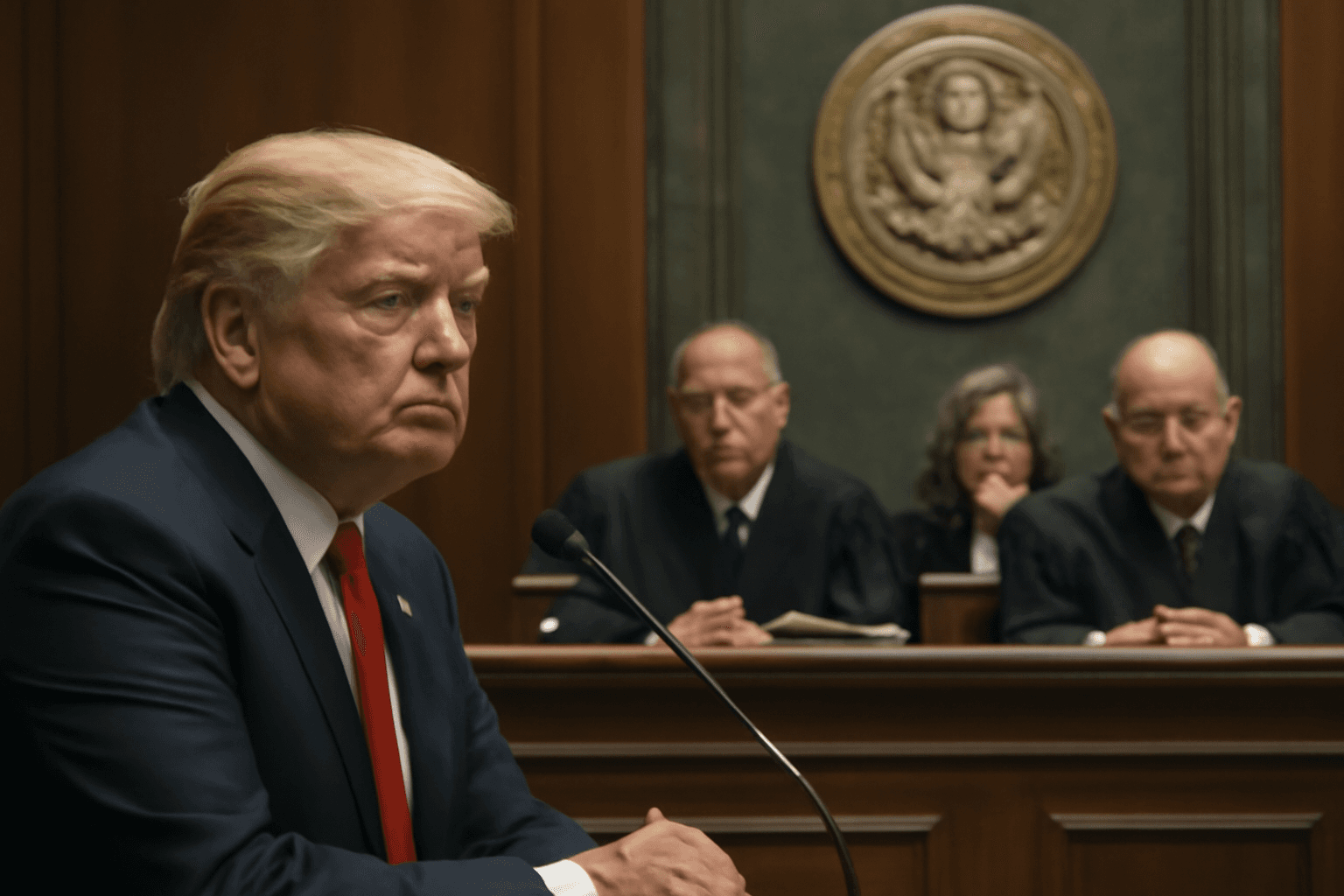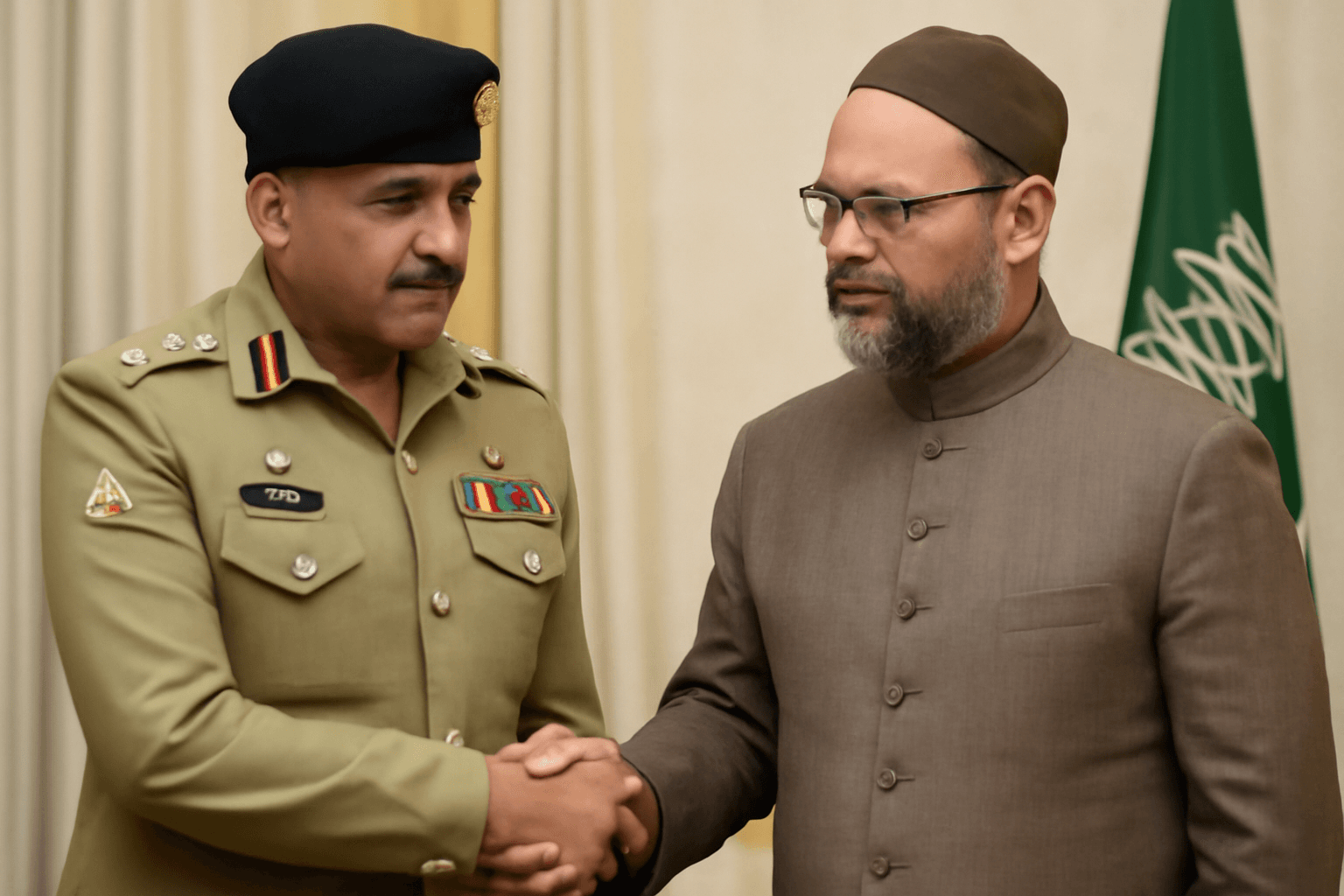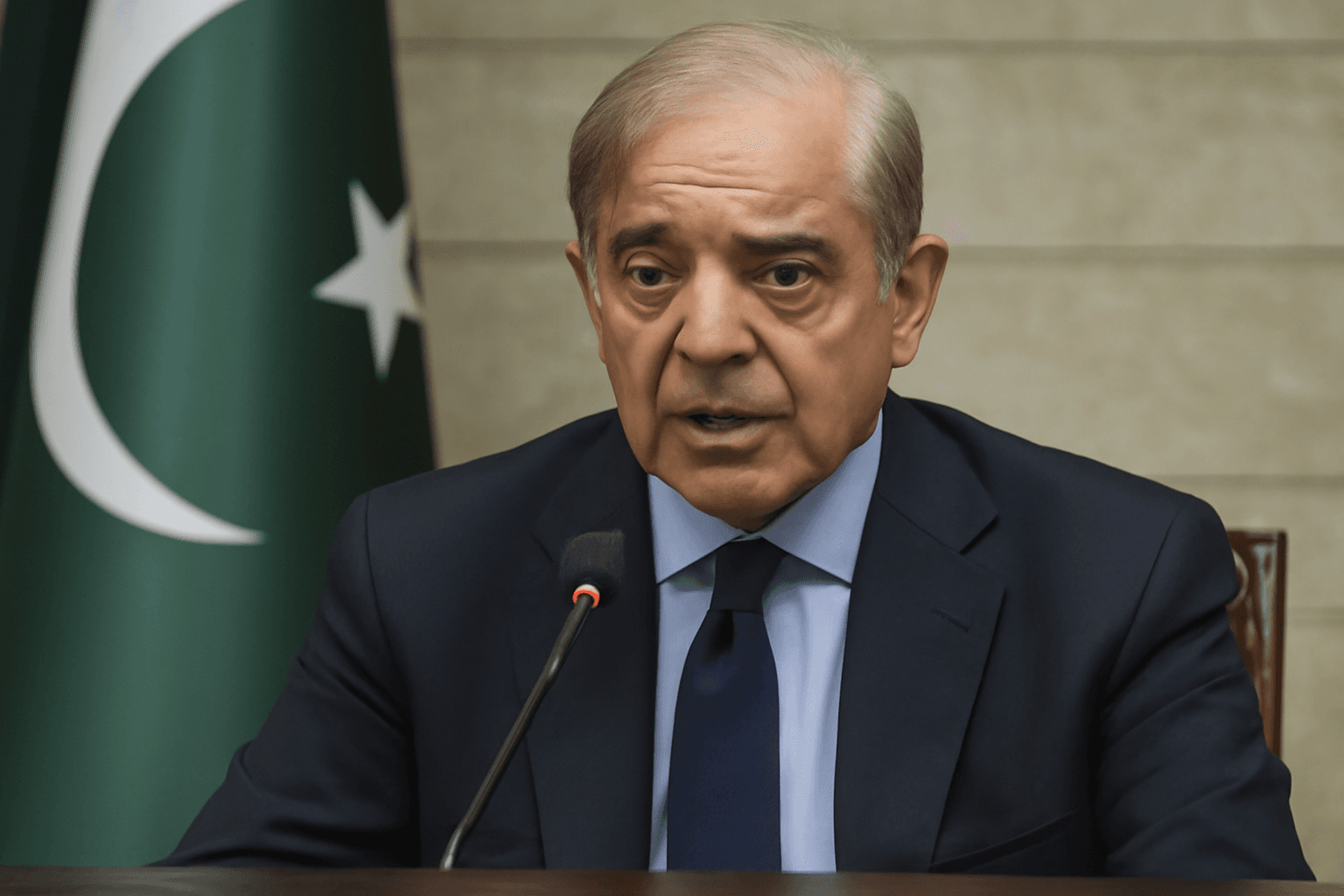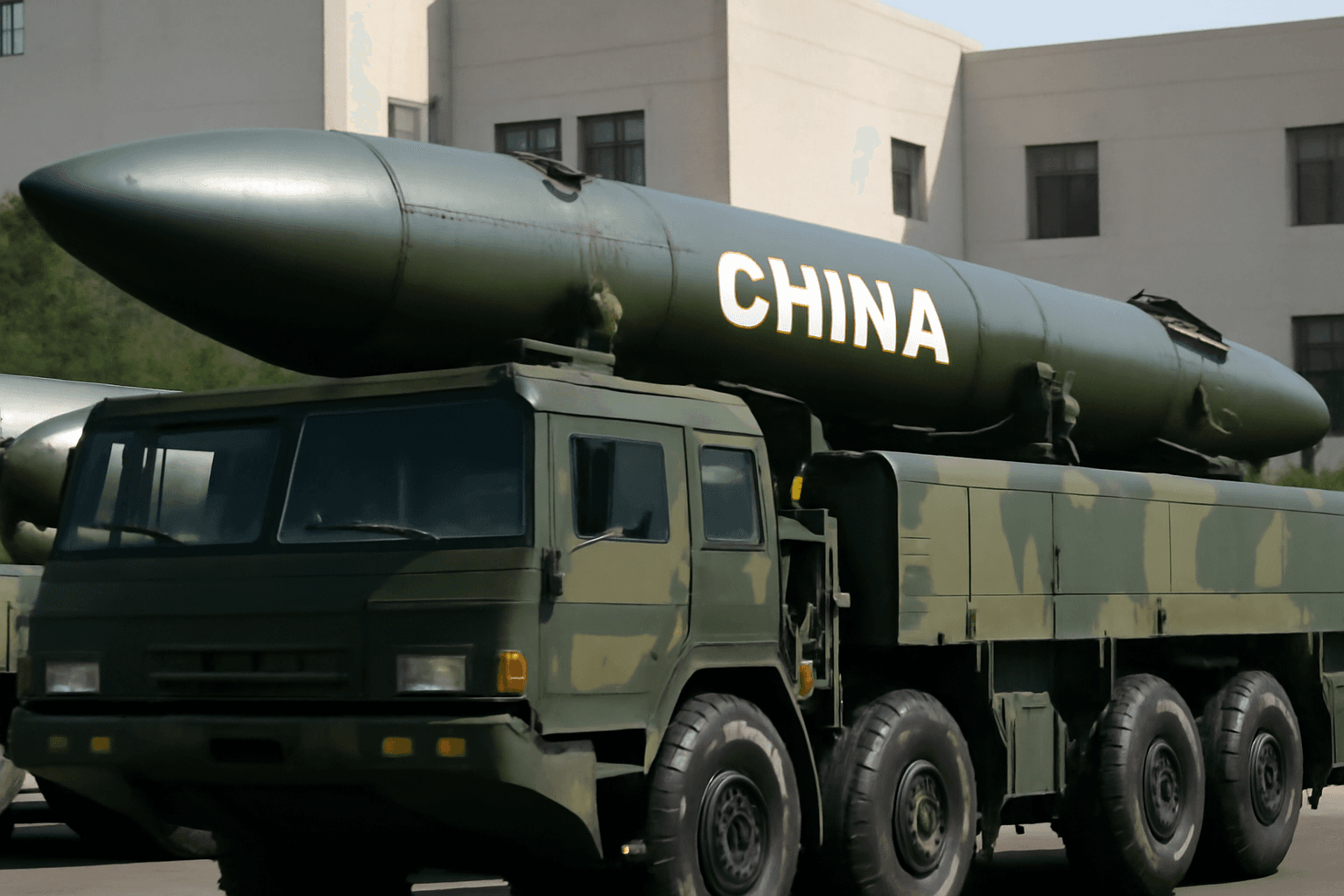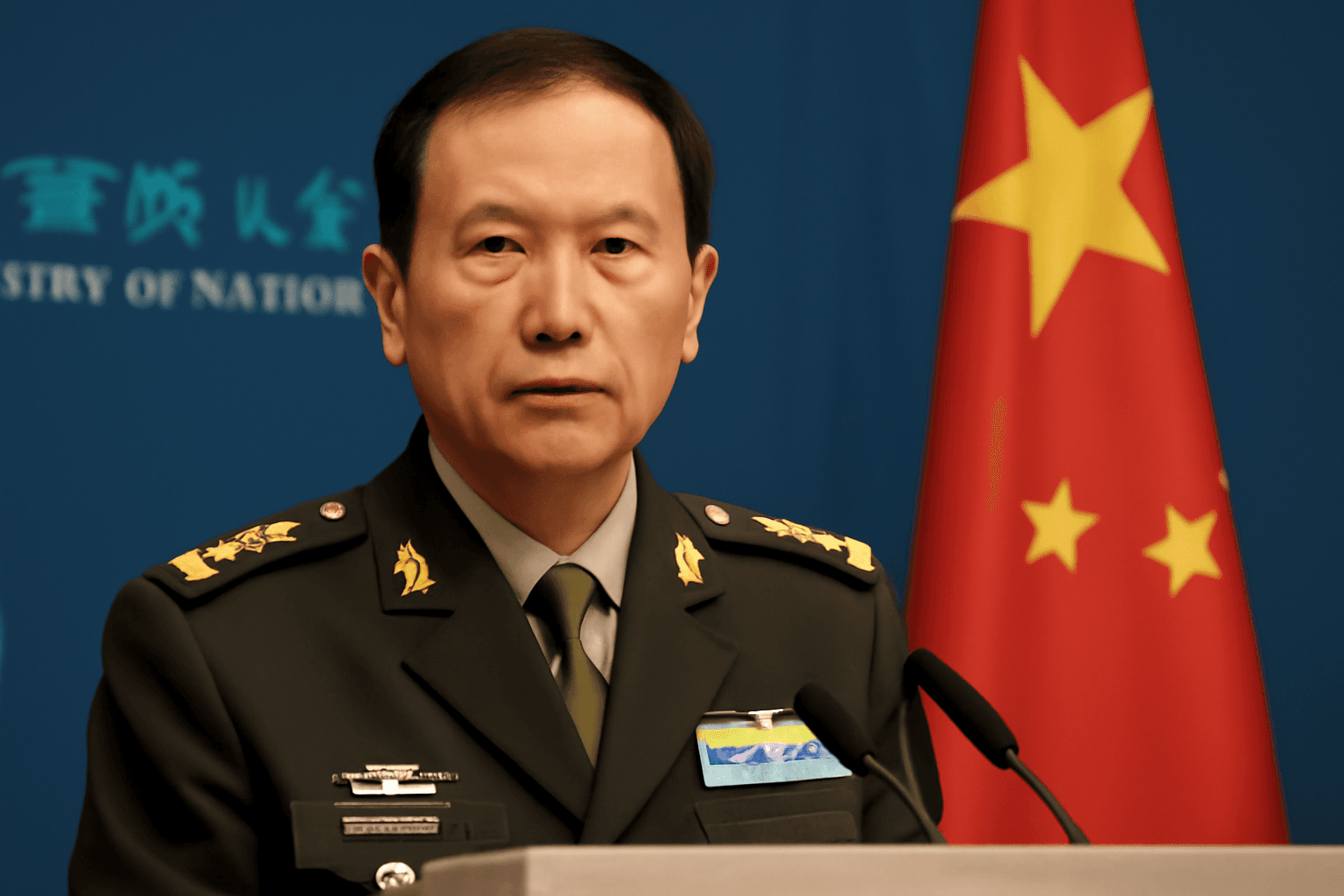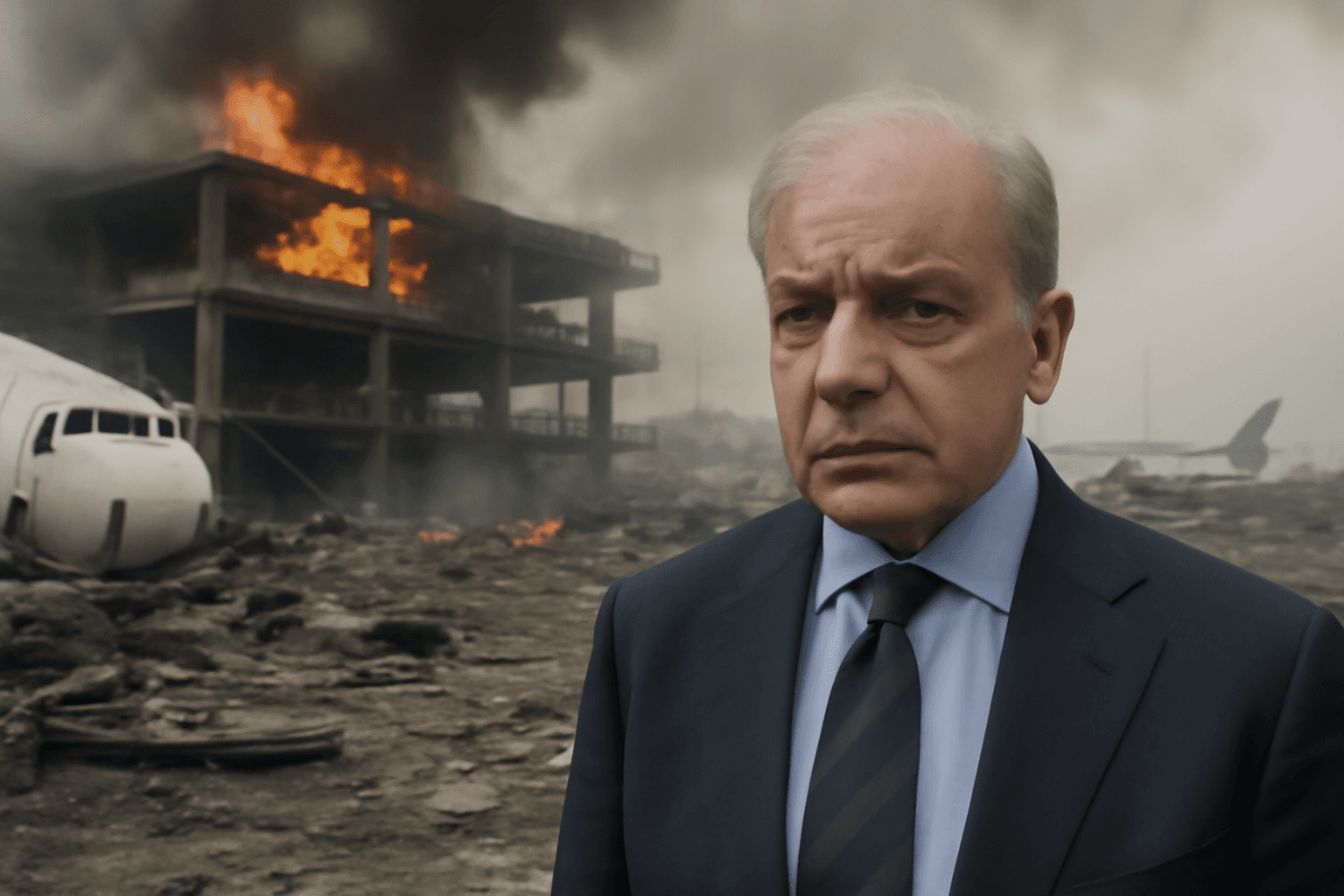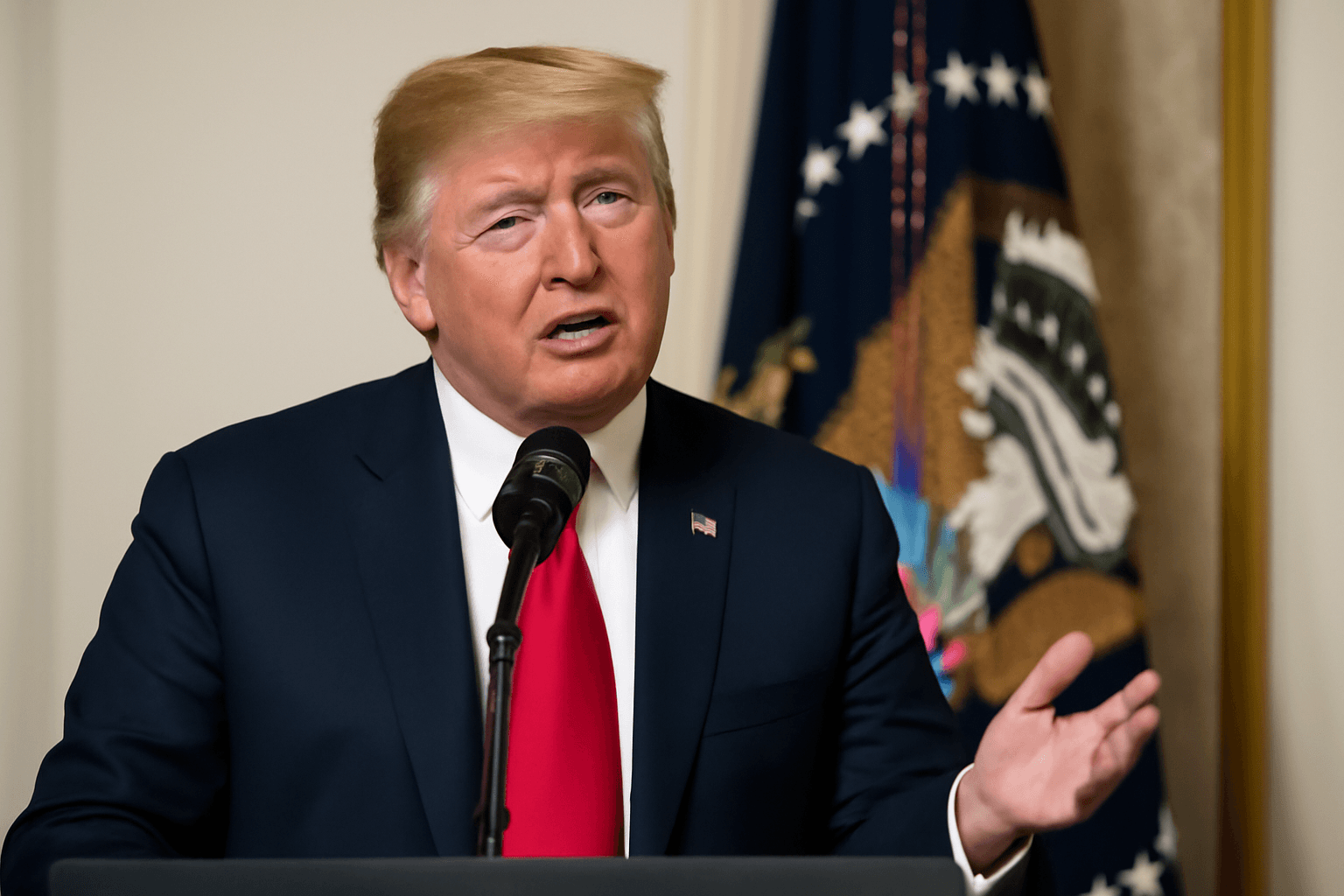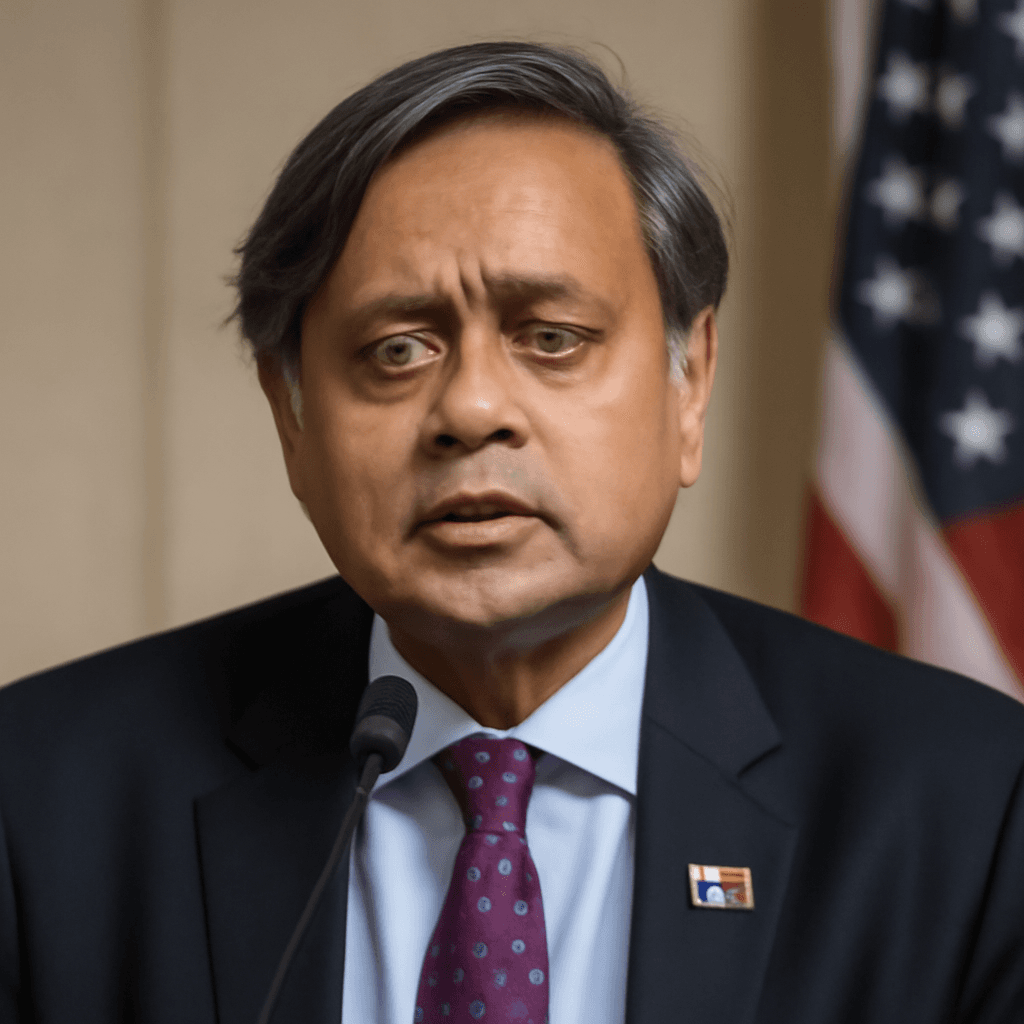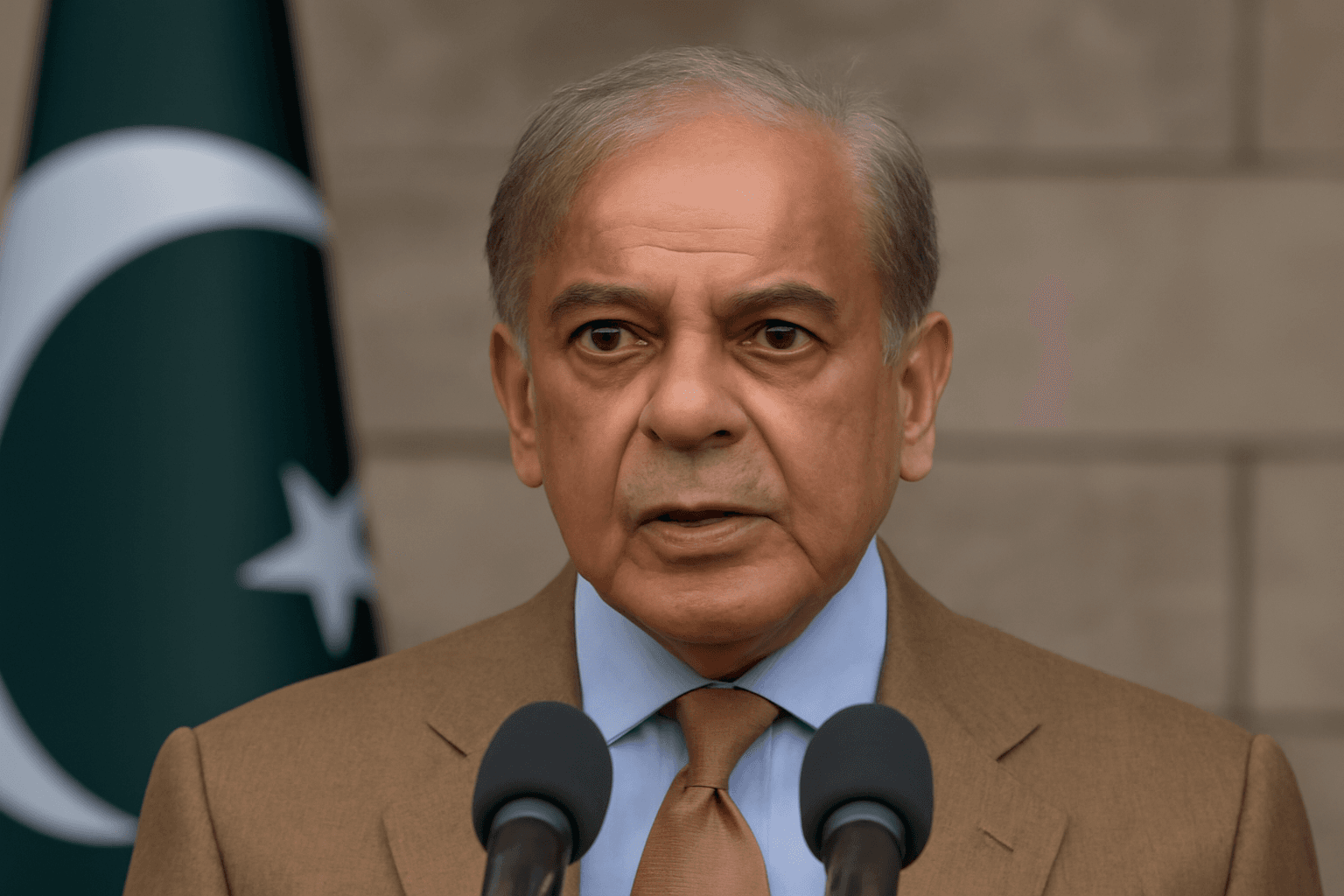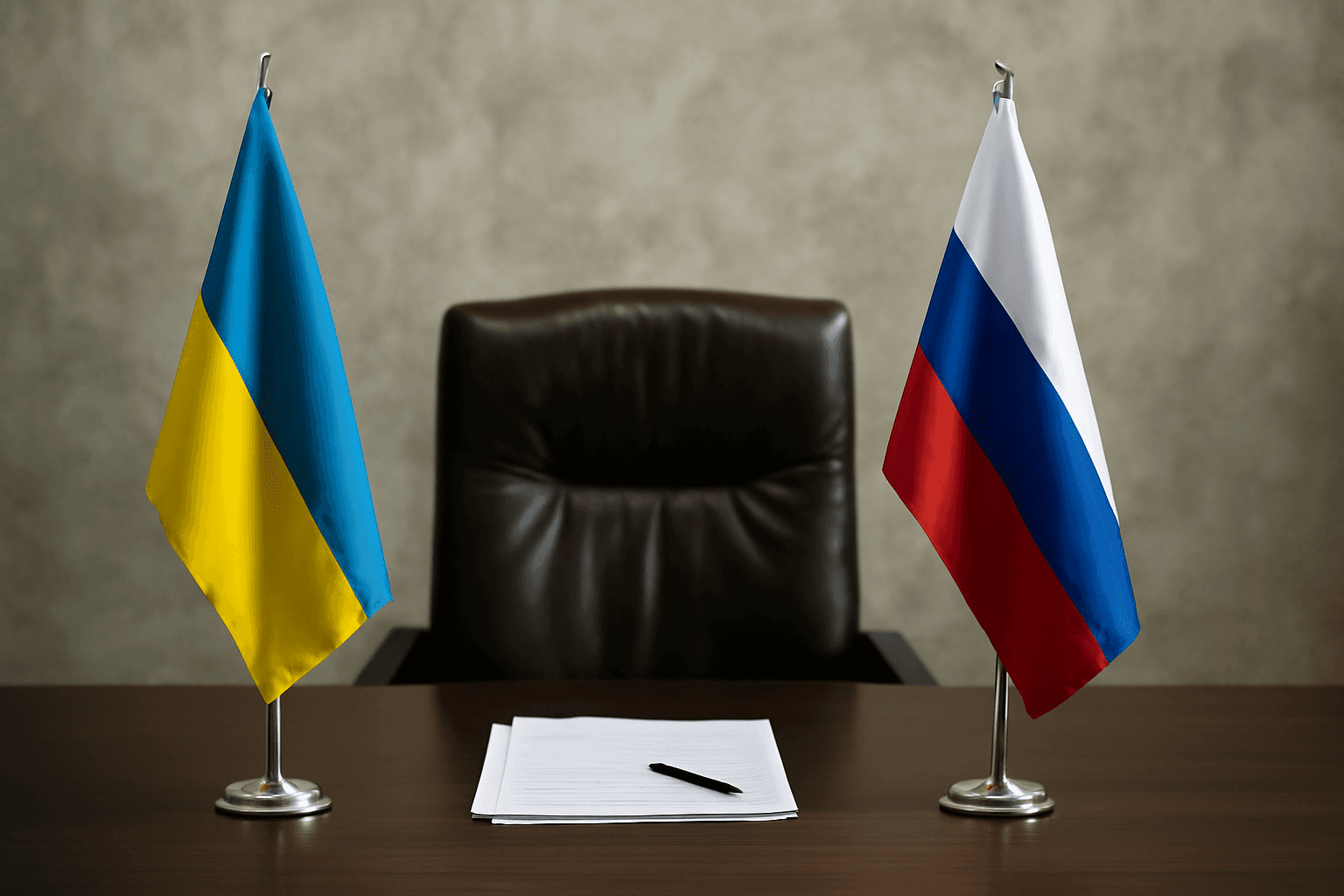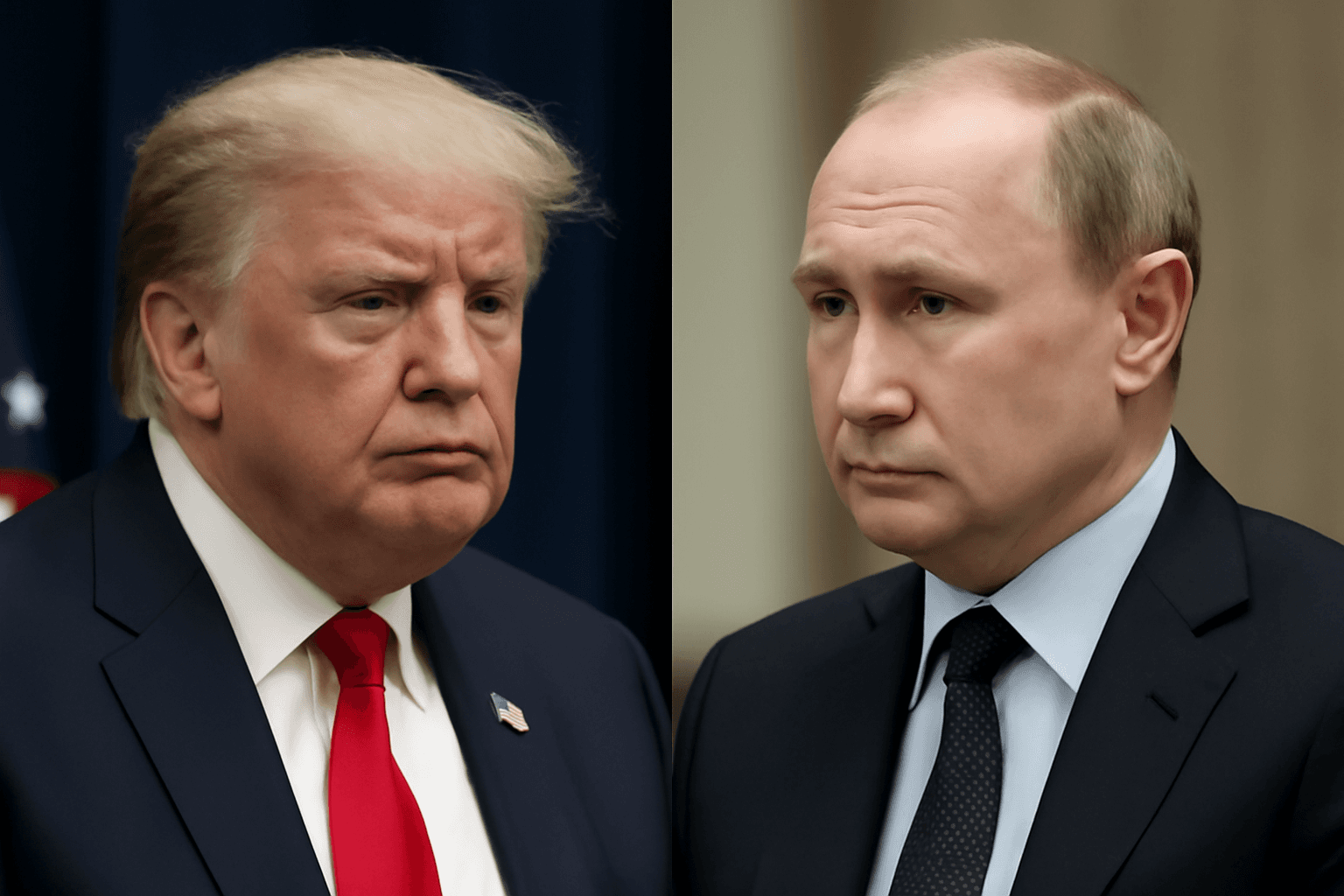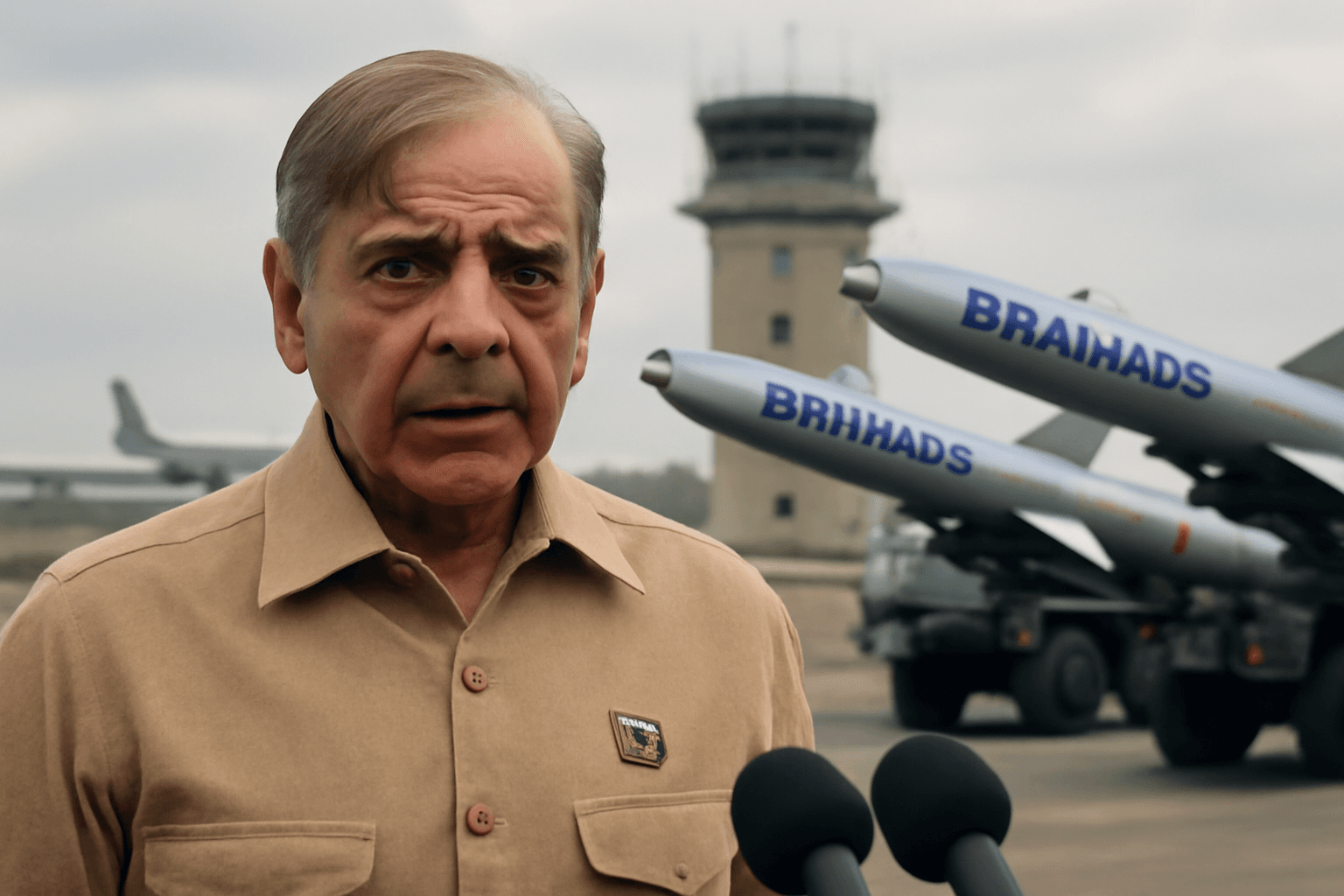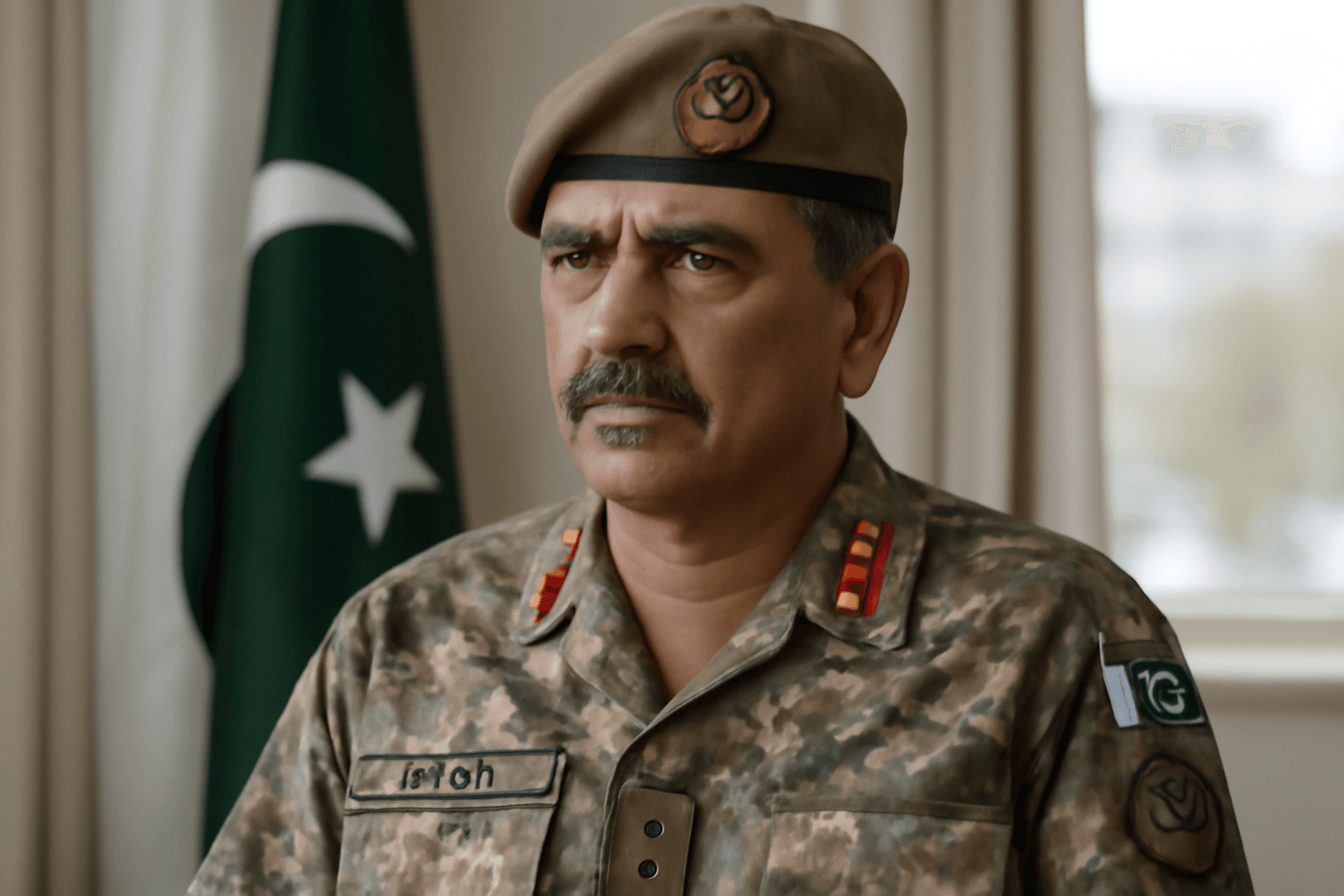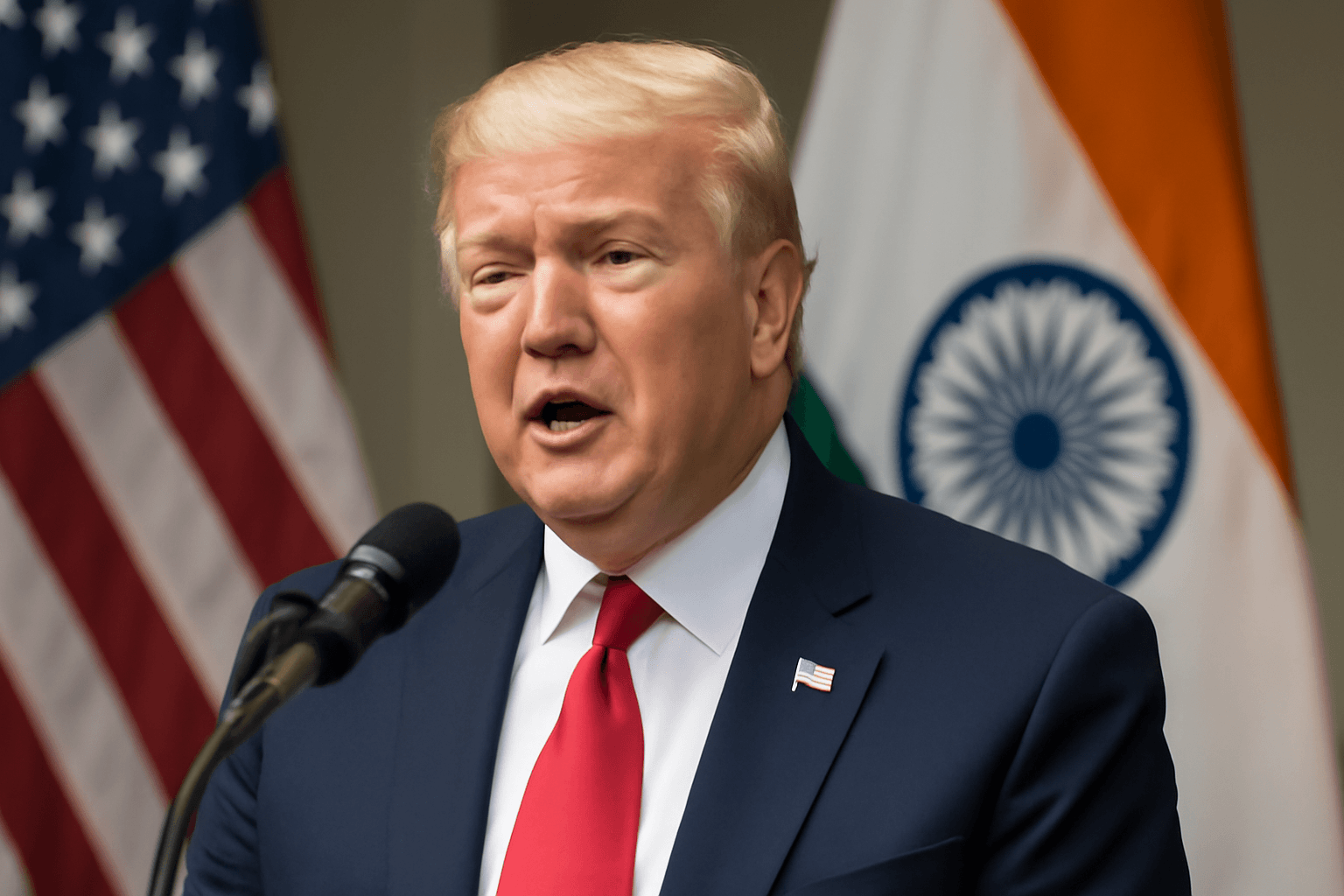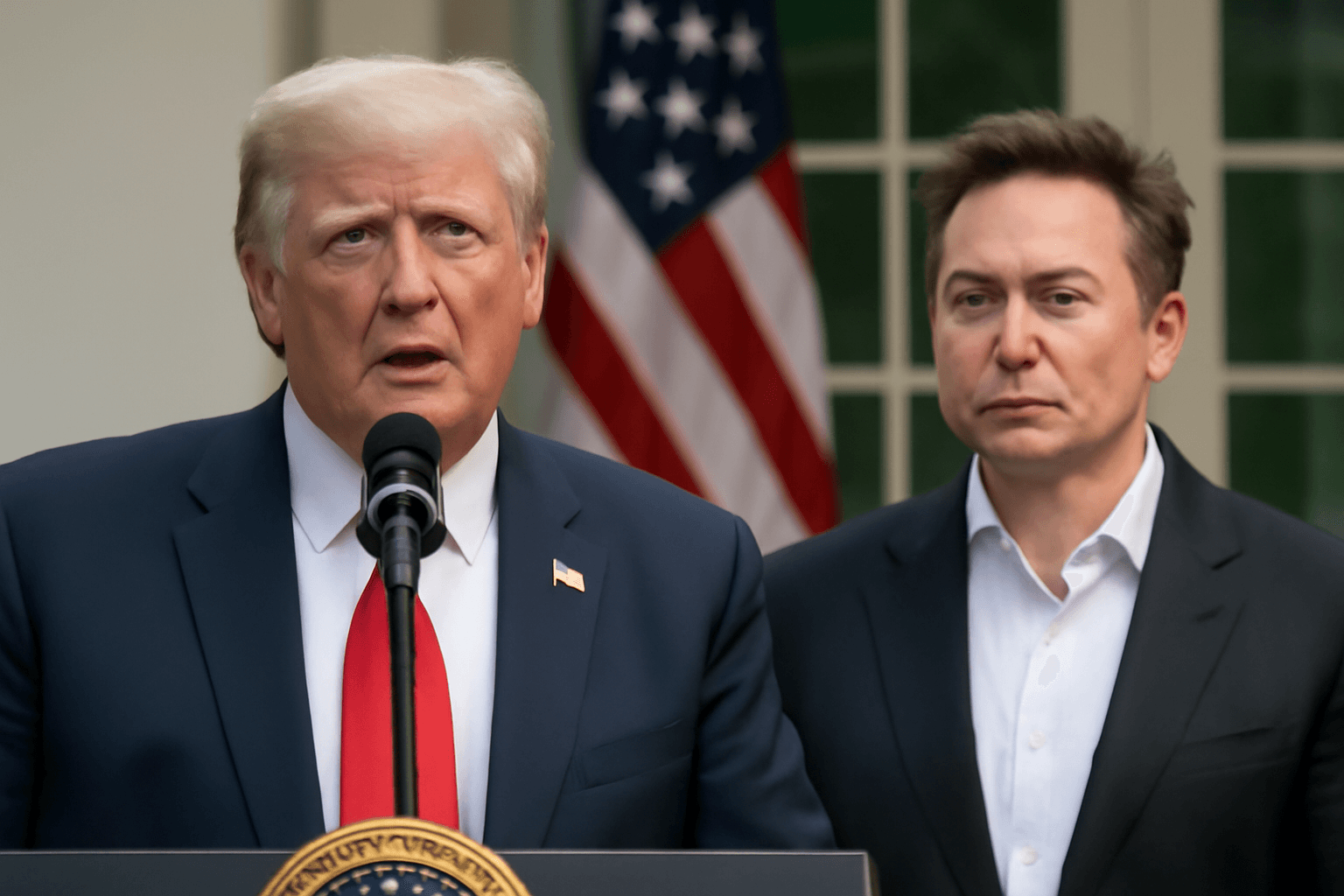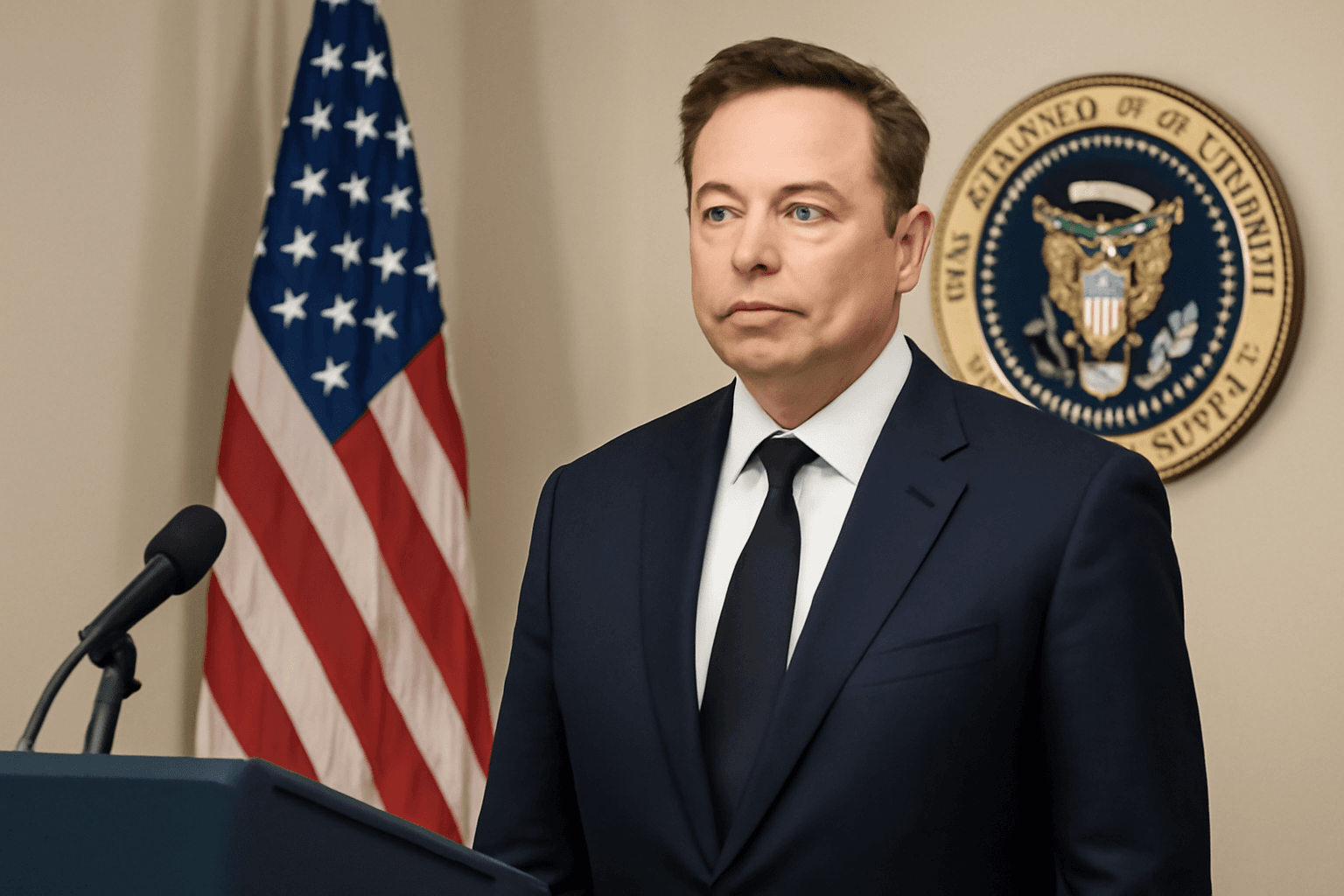Former US President Donald Trump reiterated his assertion that his administration played a crucial role in preventing a military conflict between India and Pakistan, which he suggested could have escalated into a nuclear disaster.
During a press conference in the Oval Office alongside Tesla CEO Elon Musk, Trump stated, "We stopped India and Pakistan from fighting. I believe that could have turned out into a nuclear disaster." He expressed gratitude towards the leaders of both countries for their cooperation in de-escalating the hostilities.
Trump further explained that the United States made it clear to both nations that trade relations could not continue while they were engaged in armed conflict. "We talked trade and we said 'we can't trade with people that are shooting at each other and potentially using nuclear weapons.' The leaders understood and agreed, and that all stopped," he said.
The tense situation between India and Pakistan escalated following a deadly terrorist attack on April 22 in Pahalgam, Jammu and Kashmir, which resulted in 26 civilian deaths. In response, India launched Operation Sindoor targeting terror infrastructure based in Pakistan and Pakistan-occupied Kashmir.
After several days of intense cross-border drone and missile exchanges, the governments of India and Pakistan reached an agreement on May 10 to cease all hostilities. Official sources confirmed that the Director Generals of Military Operations (DGMOs) of both countries agreed to an immediate halt to firing and military actions across all domains without involving any third parties.
Trump has consistently claimed credit for contributing to the de-escalation, stating that his administration encouraged the two nuclear-armed neighbors to halt the conflict in exchange for expanded trade opportunities with the United States. He emphasized America’s military superiority and capability to manage international conflict, concluding, "We are stopping others from fighting also, because ultimately, we can fight better than anybody. We have the greatest military in the world. We have the greatest leaders in the world."

